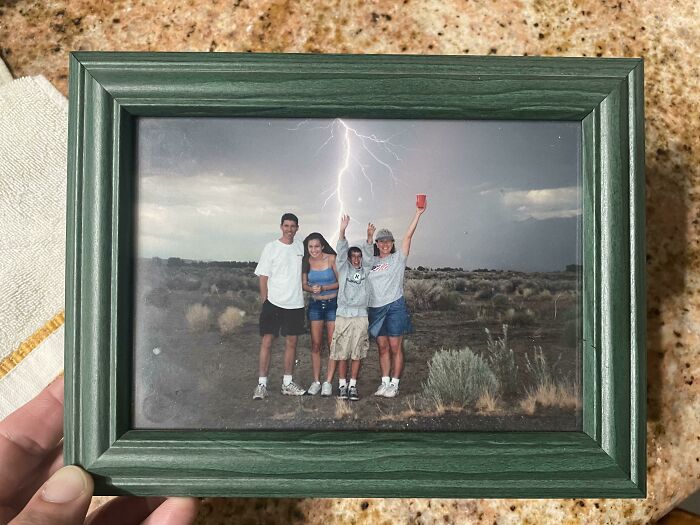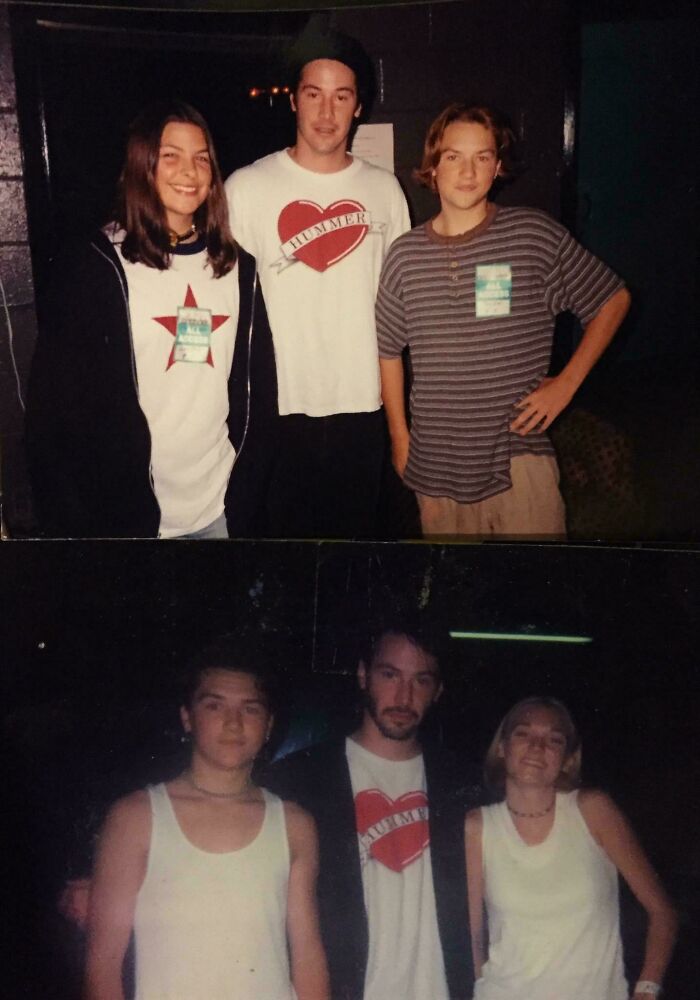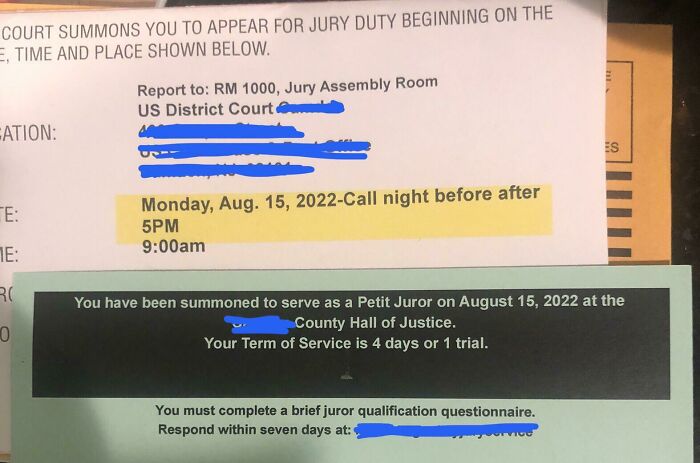And yet, they do. Wayne Murray, for instance, won $10 million on two separate occasions, and Roy Cleveland Sullivan survived being struck by lightning seven times! There’s even a subreddit, r/nevertellmetheodds, where people share incredible moments like these that make you wonder if fate had a hand in them. Scroll down to see some of their most fascinating posts, and don’t miss our chat with Márton Balázs, Professor of Probability at the University of Bristol, who explains why these mind-bending events might be more common than you’d think. For instance, have you ever guessed the next song on your shuffled playlist? Or thought about someone just before they called you, making you wonder if there was some kind of telepathic connection between the two of you? As surprising as these moments are, they’re not supernatural. They can actually be explained by what’s called the ‘Improbability Principle,’ introduced by British statistician David J. Hand. In simple terms, it means that highly unlikely events are pretty common. “Coincidences are overwhelmingly random,” Balázs told us. But just because they’re random doesn’t mean they’re rare. “As also explained in the Improbability Principle, I believe that remarkable events occur for natural reasons far more often than due to some background common cause that we are unaware of.” “Once we understand how enough number of trials will eventually bring up even the most unlikely events, we can find calm and reassurance in this knowledge. Which is far better than reaching out to unknown and mystic reasons, isn’t it?” The first is the Law of Inevitability, which says that one of the set of all possible outcomes has to happen. For instance, if you roll a die, it’s inevitable that it will land on one of the numbers between one and six. How many people do you think need to be in a room before it’s more likely than not that two of them were born on the same day? The answer is surprisingly low—just 23 people. With a group of 30, the odds increase to around 70%. And in a large gathering, like a conference with 1,000 attendees, it’s certain that at least two people will have the same birthday. Hungarian mathematician Pál Révész once asked students to either record the outcome of 200 coin tosses or, without flipping, to write down a sequence of Heads and Tails they thought would look realistic. Not knowing which way each student went, Révész could tell who had “faked” their results. Why? Nearly everyone who made up the sequence on their own avoided including five or more consecutive Heads. “It just feels so unlikely, totally unreal,” says Balázs. “But this is actually quite common with 200 coinflips; even runs of length eight or more occur at least once with a reasonable chance.” For instance, if you randomly generate a string of eight digits, you’d be shocked if it matched your birth date. “But if you look through the infinite number of seemingly random digits in the decimal expansion of the mathematical constant pi, you will find your birth date eventually,” says Hand. “For example, my birth date, 30 June 1950—30061950—starts at digit 190,652.” The next law, the Law of the Probability Lever, shows that small changes in circumstances can drastically alter the odds. A well-known case of this is the “black swan” phenomenon in the financial world, where extreme events like market crashes are difficult to predict due to their unexpected nature. Some might say there’s a 50/50 chance of waking up to $30 million on your bed, but that’s not accurate. Possibility means something can happen, but doesn’t predict if it will. So, while it’s possible to wake up a millionaire, it’s not probable. Probability means something is both possible and likely to happen. “Well, for such a scenario we have this highly accurate and beautiful model called the Poisson process, and it tells us that past nails bear no information whatsoever for future punctures.” “The chance my friend will have another one in his tyre tomorrow is the same whether he already had 0, 1, 2, or any number of nails this month. I find this yet another fascinating fact of the world around us, and only wish more people would think the same!” Say what you will about math—it might be tricky, but it sure knows how to blow your mind in the coolest ways. Follow Bored Panda on Google News! Follow us on Flipboard.com/@boredpanda! Please use high-res photos without watermarks Ooops! Your image is too large, maximum file size is 8 MB.

































































































































































